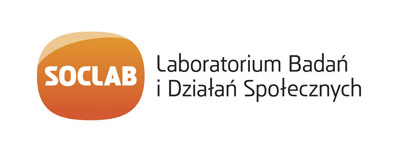EURECA
Good Practices
.jpg)
.jpg)
.jpg)
Production of energy from urban waste
Country:Main Subject:
Description:
Urban waste from Lisbon and 18 other municipalities of the region is treated and recovered through an integrated system, which produces electricity and various materials. The system is managed by a private and public capital company, named Valorsul.
The main electricity producing unit incinerates unsorted urban solid waste, at a temperature of 900 degrees Celsius, in three incinerators, each with the capacity to burn 28 tons of waste per hour. The heat from the incinerators is transformed into water vapor which, through a turbogenerator, produces electrical energy.
Each ton of waste burned generates 587 kWh of electricity, of which 89 kWh are consumed in operating the system. The remaining energy is injected into the national electricity grid. Located in S. João da Talha, this unit receives around 1000 tons of unsorted solid waste daily, which is transformed into enough energy to supply a city with 150 thousand inhabitants.
Each ton of waste burned also produces around 200 kg of slag, which is separated. The metallic ones are recycled to be transformed into raw material. The others are subjected to a maturation process, which results in an artificial aggregate used by civil engineering, especially in the construction of roads, replacing natural materials. This product has CE mark certification.
Valorsul produces electrical energy in two other units, by burning biogas generated by the fermentation of biodegradable waste through the process of "anaerobic digestion" (treatment in a closed environment and absence of oxygen). These units also produce an organic compound to use in gardening, green spaces and in trees and shrubs agricultural crops.
The average annual production of electrical energy by the three Valorsul units is 350 GWh. This value is obtained from the undifferentiated collected domestic waste produced by 1.6 million inhabitants of the company's intervention area, which is equivalent to only 20% of all domestic waste produced in the entire country. This means that in Portugal the production of electrical energy from urban waste has great growth potential.
Reference links:
https://www.valorsul.pt/pt/areas-de-negocio/tratamento-e-valorizacao-de-residuos-urbanos/valorizacao-energetica/valorizacao-energetica/
https://www.valorsul.pt/pt/areas-de-negocio/produtos/
SDG direct/ indirect short justification:
DIRECT SDGs:
- SDG 7 - Affordable and clean energy: Sustainable production of clean energy from urban waste
- SDG 11- Sustainable cities and communities: Reducing the environmental impact of urban waste
- SDG 12 – Responsible consumption and production: Waste recycling for low-cost energy production
Keywords:
City:
Location:
Questions:
- How does the urban unsorted solid waste result in energy?
- What are the two possible outcomes from the slag’s result?
- How does Valorsul produce electrical energy other than with solid waste?
Authors:
EDU.IN – Associação para a Educação Integral




